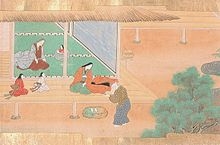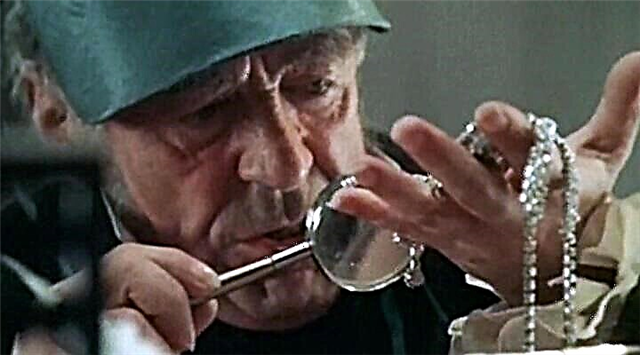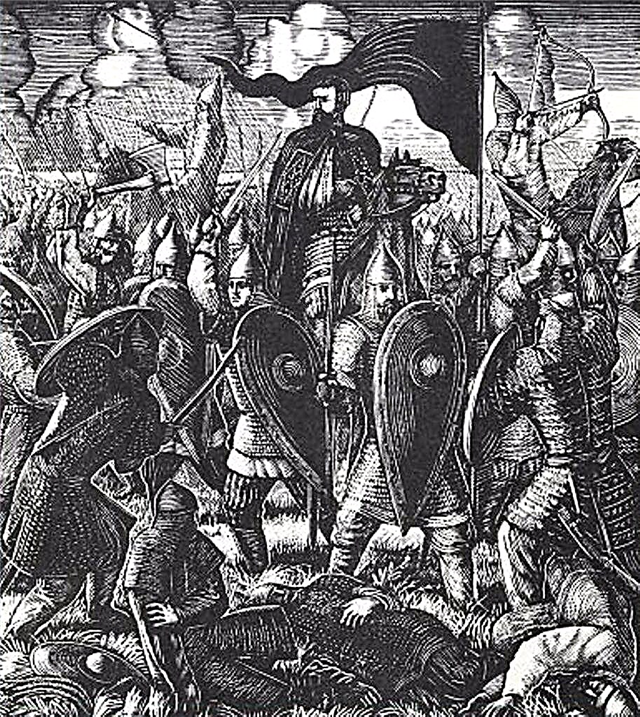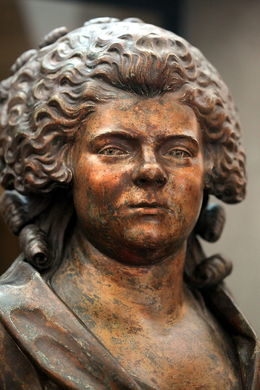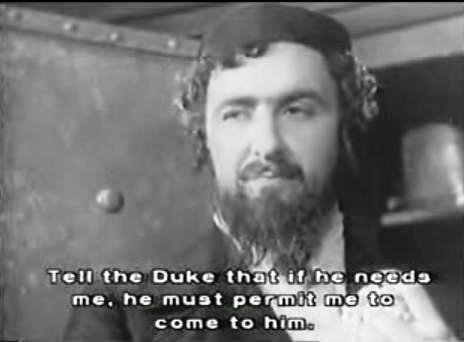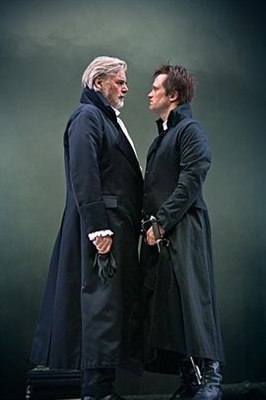(340 words) The action of Dostoevsky's novel Crime and Punishment takes place in St. Petersburg of a dirty yellow color. Each resident makes a single picture of the gloomy city and conveys the atmosphere of the whole book. We understand that such an authoritative classic cannot have accidents, so let's turn to the images of Petersburgers who are actively and not very involved in the history of Raskolnikov.
All characters certainly deserve our attention. Not observing the beauty of Petersburg, in which the protagonist lives, Raskolnikov comes to the inhuman theory of “ordinary and extraordinary,” as a result of which he decides to kill. Rodion is an intelligent, educated young man forced to quit school due to poverty. Walking along Sennaya Square, he notices other residents of St. Petersburg, trying to fill their suffering in local taverns. Even before the hero finally decides to commit a crime, in the tavern he hears a conversation between an officer and a student, reflecting on the same motive and “benefit” of the murder of an old percent-centric woman. That is, at the beginning of the novel “passing by” Dostoevsky's Petersburgers convey Rodion’s thoughts, personify the poverty of the city, since the discussions about Raskolnikov’s subsequent act flash in the speech of minor characters.
After the crime, Sonia Marmeladova, a girl of an obscene profession, comes to his aid. Despite the drunkenness of his father, poverty in the family and a way of earning money, it is pure in soul, but many readers continue to be confused by the social status of the true savior of the criminal. At first, her occupation confuses both the Raskolnikov family and the failed bridegroom of Duni Luzhin. Luzhin is one of the minor characters of the novel, a petty person who exposes Sonya and falsely accuses her of theft. Dostoevsky pays much attention to this calculating character, voicing with his mouth the theory of rational egoism. So, we are faced with another Petersburger, because of which a deep philosophical, interesting novel is wrapped in a gloomy cover.
The inhabitants of this St. Petersburg novel are unhappy, most of the destinies are tragically broken. For example, the landowner Svidrigailov, corrupted by money, terrifies Raskolnikov, although they are "of the same field of the berry." From despair, he shoots himself, never finding salvation. It may seem that even good heroes are doomed to death: the innocent Lizaveta, the half-sister of Alena Ivanovna, is an accidental victim of the hellish theory of Raskolnikov. Both Martha Petrovna and Pulcheria Alexandrovna perish. However, thanks to some images of the novel (the noble Razumikhin, the just and talented investigator Porfiry Petrovich), Dostoevsky’s Petersburg does not consist of suffering and sorrows alone.




 How to fascinate people
How to fascinate people